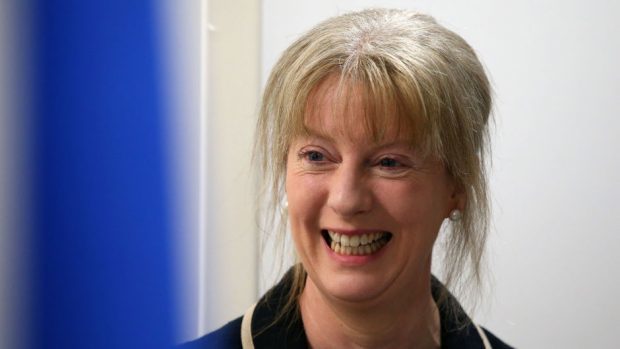The health secretary has been accused of failing thousands of seriously injured patients every year because of delays to Scotland’s major trauma network.
The Scottish Government revealed this month that the network, which includes Aberdeen, will not be ready before the end of the decade.
In 2014, officials said it would be operational by the end of last year.
Four major trauma centres will be established in Aberdeen, Dundee, Glasgow and Edinburgh at an initial cost of about £30million to treat an estimated 6,000 patients a year.
Health Secretary Ms Robison was hauled before MSPs yesterday to explain the delay.
Anas Sarwar, Scottish Labour’s health spokesman, told Ms Robison the three-year delay means that “18,000 patients will be failed by this cabinet secretary”.
Party colleague and North East MSP Lewis Macdonald added: “Shona Robison’s failure to answer any of the key questions suggests the Scottish Government is still making it up as they go along.
“Investments in staffing, equipment and transport links that will be needed to get major trauma centres up and running could and should have been made by now.
“Failing to make these investments and their refusal to explain those failures will simply add to the frustration that doctors, staff and patients will feel about this succession of unnecessary delays.”
Health Secretary Ms Robison said the delays emerged because of concerns raised by senior doctors over the viability of having four hubs, rather than two.
“I would hope that members across this parliament think it’s right to take the time to build a consensus rather than push ahead with a model that did not have that clinician buy-in,” she added.
While the network will not be up-and-running before 2020, Ms Robison has said the “vast bulk” of upgrades to the individual bases at Aberdeen and Dundee will be completed by summer 2018.
Pressed by North East Labour MSP Jenny Marra, Ms Robison said she was “very optimistic” that the regions trauma centres will have improvements in place by the end of this year.
Major trauma centres are key elements of the network, which also includes local hospitals and rehabilitation units.
